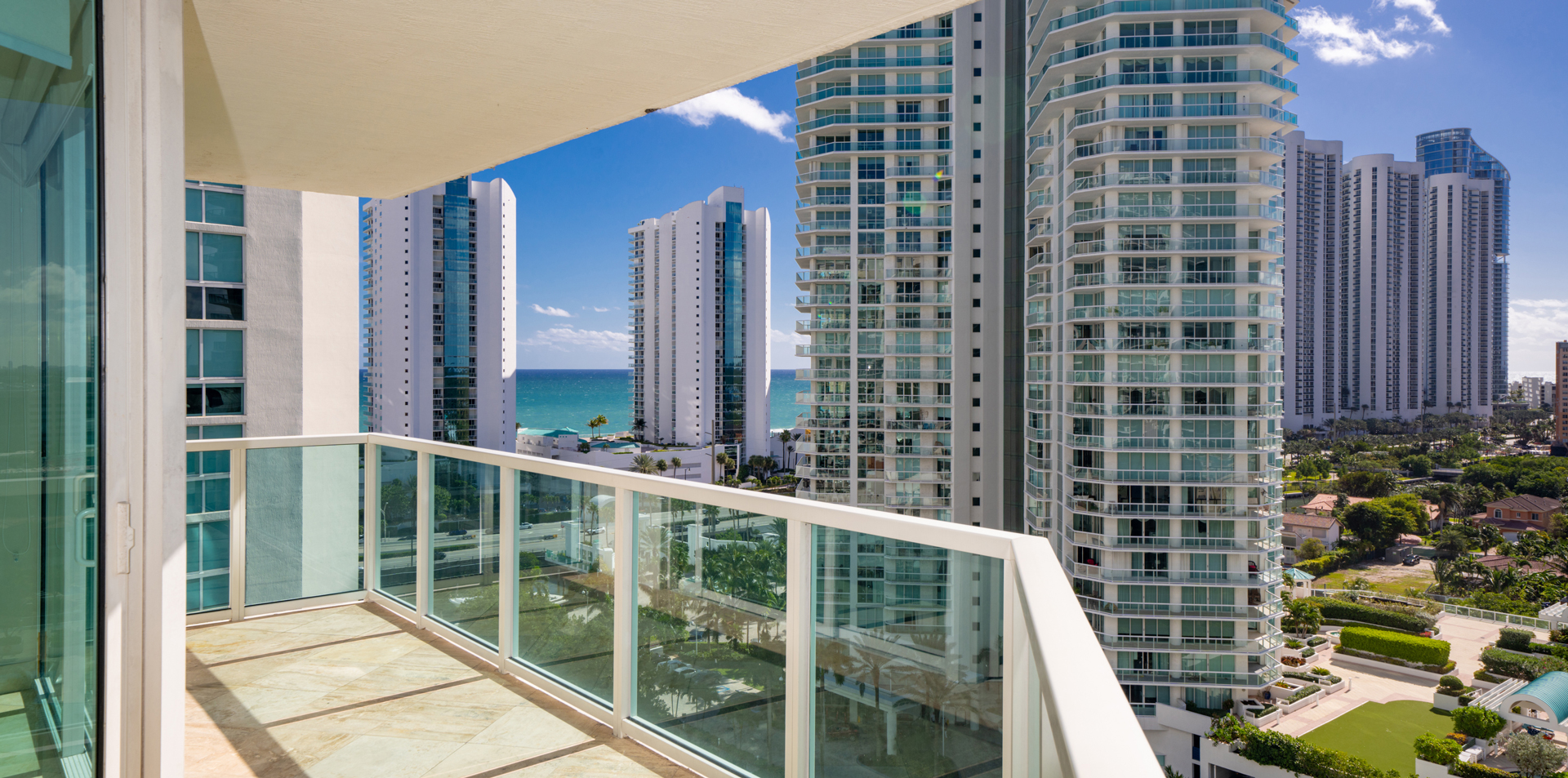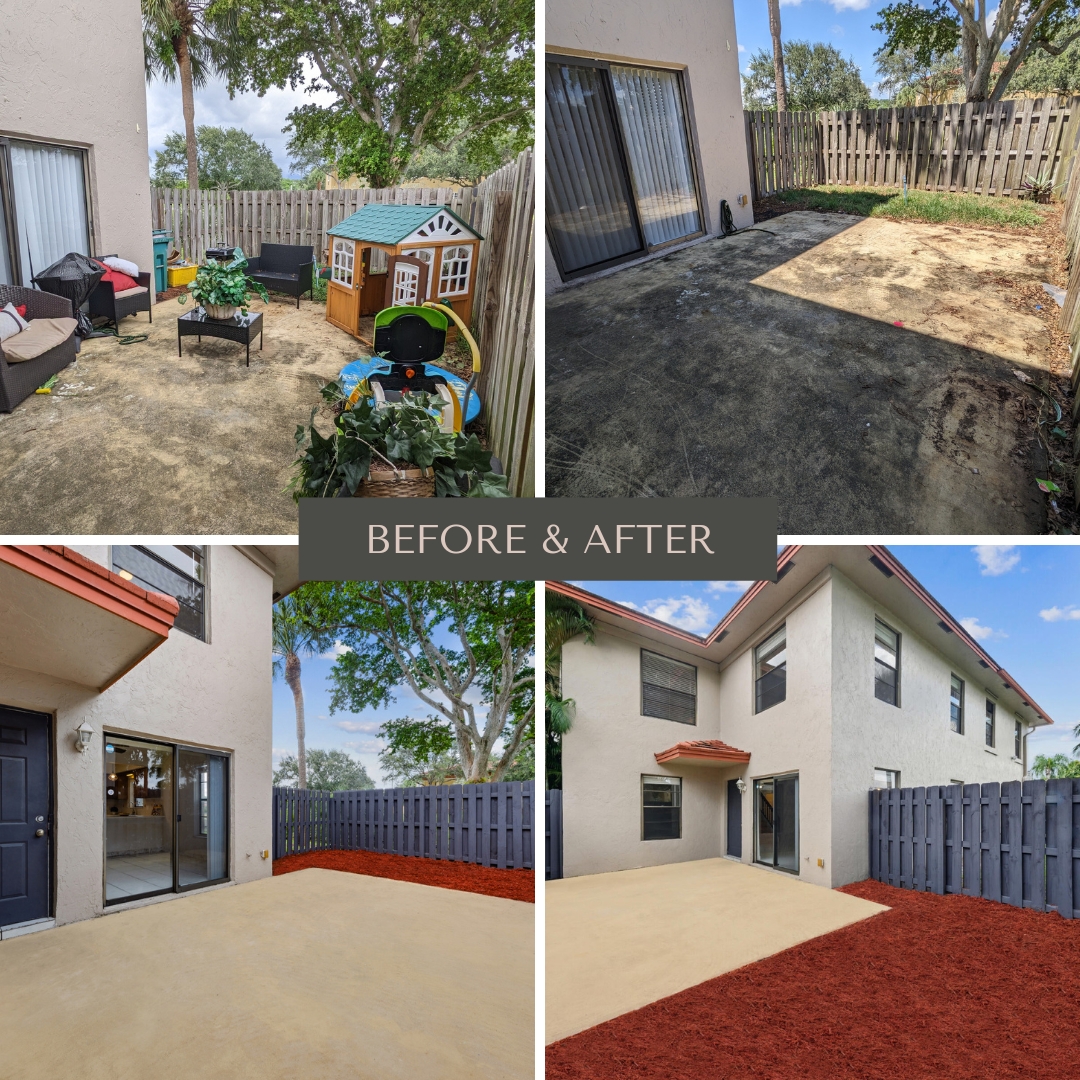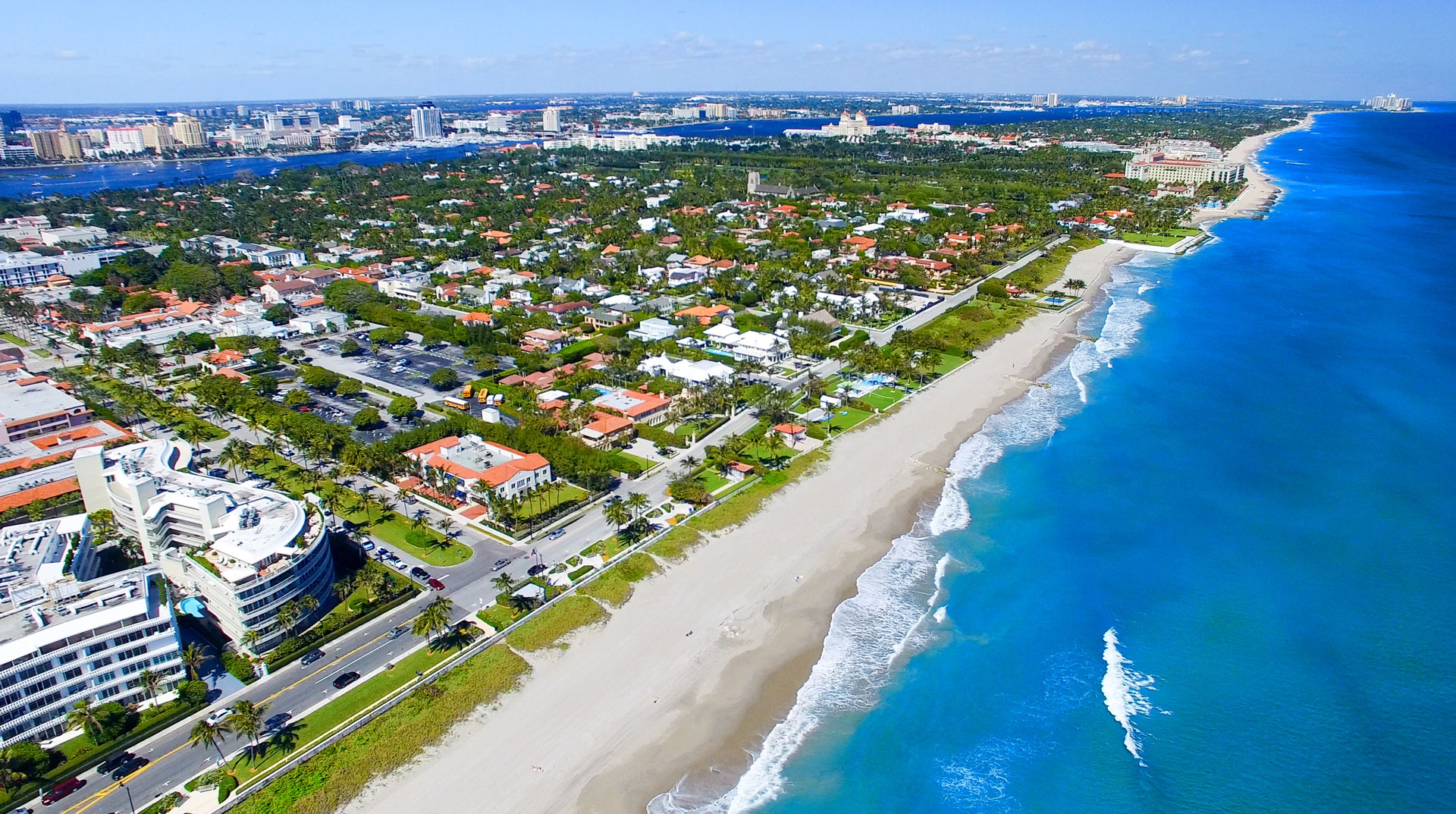Florida, renowned for its sunny beaches and vibrant communities, is also home to a vast number of condominium complexes. To maintain the financial stability of these communities, Florida has implemented specific laws regarding condominium reserves. These regulations are designed to safeguard the long-term well-being of condominium associations and the residents they serve.
What are Condominium Reserves?
Condominium reserves refer to funds set aside by the association for the future repair, replacement, or restoration of the condominium property’s major components. These components can include roofs, elevators, plumbing systems, and other crucial infrastructure. Properly funded reserves ensure that when inevitable wear and tear occurs, the association has the necessary resources to address these issues without imposing a significant financial burden on residents.
Florida’s Condominium Reserve Laws
Florida Statute 718.112 outlines the state’s condominium laws, including regulations concerning reserves. According to these laws, condominium associations are required to prepare a budget that includes reserves for capital expenditures and deferred maintenance. Structural Reserve studies and inspections must be conducted every 10 years after a condominium building, that is three stories or higher, is constructed.
Benefits of Condominium Reserves
- Financial Stability: Adequately funded reserves provide a safety net for unexpected repair expenses. Without reserves, associations might be forced to impose special assessments on residents, leading to financial strain for homeowners.
- Property Value Preservation: Well-maintained common areas and infrastructure enhance property values. Regular maintenance, funded by reserves, ensures that the condominium complex remains attractive and desirable to potential buyers.
- Aging Infrastructure: Many condominiums in Florida were built several decades ago. Reserves are crucial for addressing the natural aging of buildings and systems, ensuring they meet current safety standards.
- Legal Compliance: Complying with Florida’s condominium reserve laws is not just beneficial but also mandatory. Associations that adhere to these regulations avoid legal complications and potential liabilities.
Challenges and Responsibilities
While the concept of condominium reserves is essential for financial stability, managing these funds effectively is equally crucial. Associations must work diligently to allocate funds wisely, keep accurate records, and plan for future expenditures. Regular communication with residents about the status of reserves and planned projects fosters transparency and trust within the community. For all condominium association budgets adopted on December 31, 2024 or after, the association will need to have sufficient reserves for all necessary capital expenditures and deferred maintenance for common area items. This may require special assessments or increased regular maintenance fees if the association is underfunded.
In conclusion, Florida’s condominium reserve laws are a cornerstone of responsible community management. By understanding and adhering to these regulations, condominium associations can ensure the enduring financial health of their communities, providing peace of mind for both current and future residents. This article highlights some of the new requirements for condominium buildings that will go into effect soon. If you need more details or have questions related to FS 718.112, please consult your condominium association’s property manager or legal counsel to determine how your community may be impacted, especially if you plan to purchase a unit in an older building in the next year or two.




